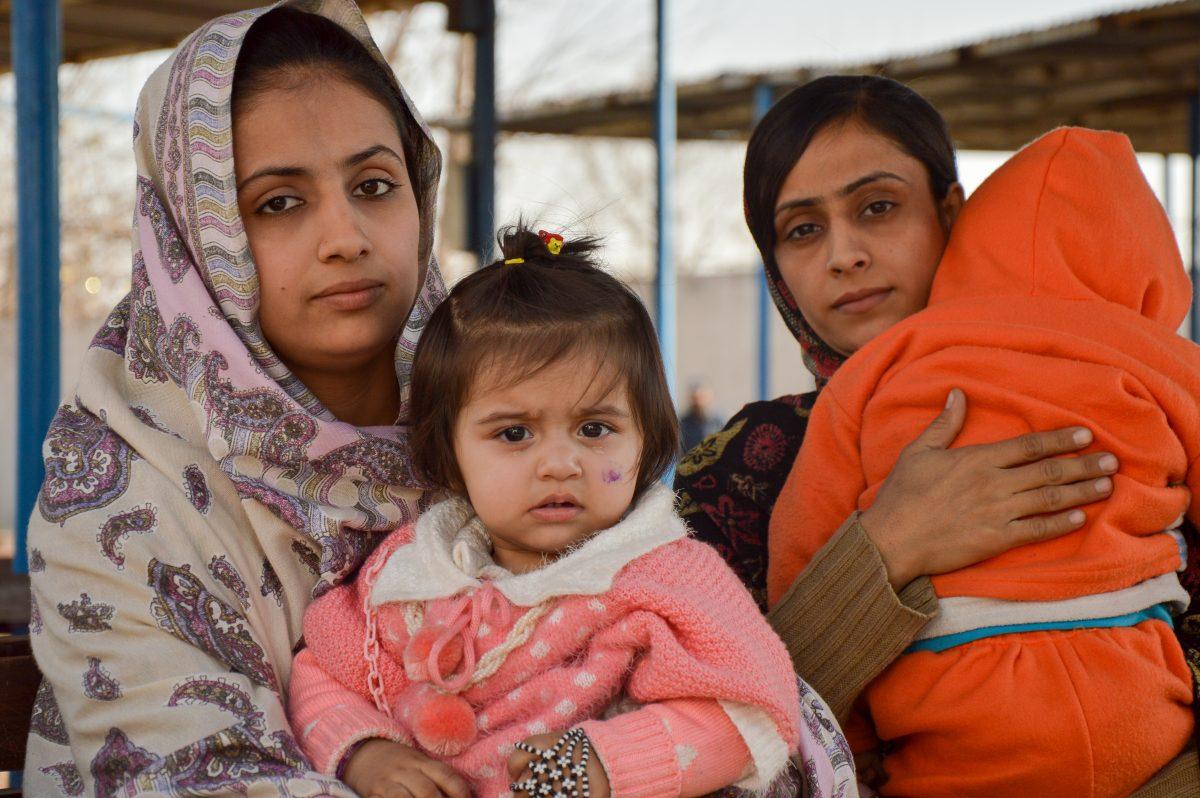After 20 years, millions displaced and a quarter of a million dead, America’s longest war is finally over. Instead of celebration, our withdrawal is marked by chaos as the Taliban reestablish the Islamic Emirate of Afghanistan at lightning speed. U.S. troops remaining in Afghanistan until Tuesday, Aug. 31 are now tasked with organizing the evacuation of the country’s largest city, Kabul.
For the past week, the city’s airport has been a scene of mass panic and death as American citizens, evacuees and U.S. allies struggle to secure safe passage out. Our current tragedy is just one among a long history of disastrous U.S. military disengagements. For two decades, U.S. interventionism has created the nightmare millions of Afghans now live through. The U.S. needs to acknowledge its role in creating the Taliban and atone for its sins by evacuating as many innocents as possible.
Removing troops from Afghanistan was always going to be a disaster, just like every major withdrawal in modern U.S. military history. Former President Barack Obama’s power brokering and 2011 withdrawal from Iraq, for example, created a power vacuum and inflamed sectarian rivalries, creating the Islamic State group, or IS. Former President Donald Trump’s exodus from the Syria-Turkey border similarly paralleled the fall of Afghanistan. At least 130,000 U.S.-allied Kurds were forced to flee as the IS and Turkish forces gained ground and systematically targeted them for elimination.
The United States has bloodied its nose in the graveyard of empires. For all of our hurt pride and trillions of dollars wasted, the Afghan people, now facing confusion and inaction in place of the security we promised, are the ones suffering most. Whatever happens to our Afghan allies now depends on our drive and ability to remove them from the situation we have created and made inexorable. For years, U.S. officials have lied to the public about our progress and any prospects of winning. They’ve long known Afghanistan was an unwinnable war that could only end in pointless tragedy.
The Taliban were formed from Mujahideen rebels armed and trained by the CIA to fight the former Democratic Republic of Afghanistan and its ally, the USSR. After the latter dissolved, the Mujahideen continued their assault, eventually contributing to the republic’s collapse. The Taliban, who emerged from within the Mujahideen, were the best equipped to take control of the country. Today, the Taliban is even more well-armed, having captured billions of dollars worth of weapons and equipment from the Afghan National Security Forces, including as many as 600,000 rifles — all originally provided by the U.S. government.
Even after experiencing the disastrous consequences of empowering fundamentalist insurgents, the CIA has continued to fund and train other unaccountable militia groups against the Taliban to this day. Without U.S. involvement, the Taliban — and our current predicament — may have never existed.
Within days of the War in Afghanistan starting against our own armed insurgents, the Taliban made an offer to negotiate a halt in U.S. bombings in exchange for Osama Bin Laden. The Bush Administration instead refused to negotiate and required the immediate and unconditional acceptance of all U.S. demands.
“We don’t negotiate with terrorists” might make for good dialogue in action movies, but in practice, this all-or-nothing attitude caused two decades of war, strife and the refugee crisis we face today. A simple decision to apprehend the mastermind behind 9/11 through diplomacy instead of punishing an unrelated country would have prevented the conflict and saved hundreds of thousands of lives.
We need to atone for the mess we’ve created by testing the Taliban’s commitments and negotiating a deal to continue safely moving our Afghan allies into the United States past the Aug. 31 deadline.
Even then, we cannot grant enough special immigrant visas fast enough with our bogged-down bureaucratic process. Expediting the process by allowing refugees to declare asylum en route to or within the U.S. is the only way to prevent further loss of life in our short window of time.
As of April 2021, over 71,000 civilians have been killed in the conflict, including 4,000 from U.S. airstrikes in the past five years alone. Another 66,000 Afghan National Security Forces and police have also died. Our presence is partially responsible for their deaths, and granting asylum to displaced Afghans may be our chance to prevent the loss of more lives.
The U.S. claims to be a global leader. If our country continues to create crises without minimizing collateral damage and fulfilling our obligations to allies, then we are not worthy of that title. This is our mess, and we must take responsibility and do what’s right. Lastly, if our disastrous military experiences should teach us anything, it’s that the only way to prevent future tragedies is to not intervene in the first place.
Zachary Freeman is an anthropology senior and opinion columnist for The Battalion.
















